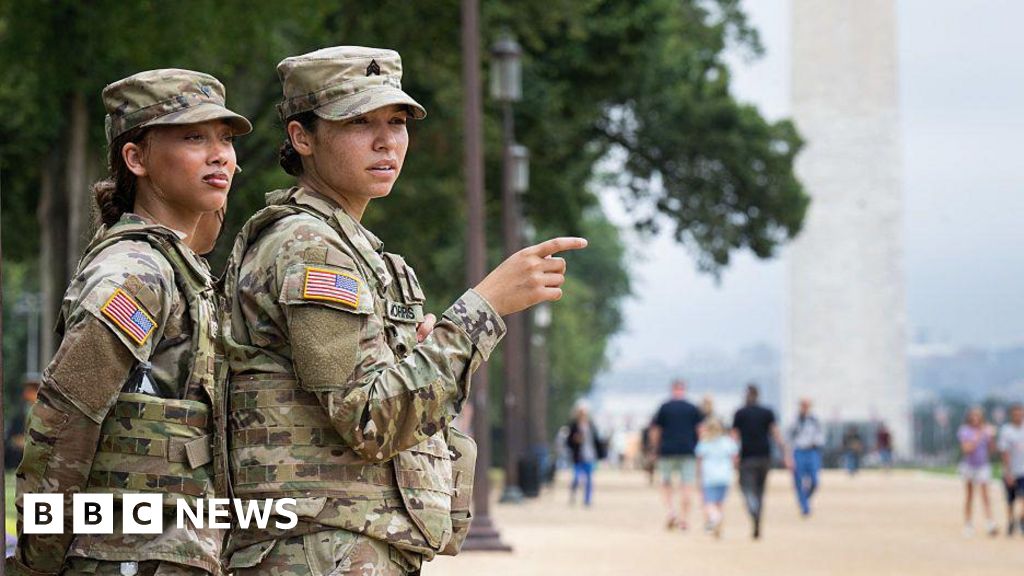In a remarkable electoral turnout, six states have voted to reinforce or broaden abortion rights, juxtaposed against the defeat of a Florida ballot measure aimed to restore protections. The recent election witnessed voters across ten states facing pivotal questions regarding abortion access, making it a significant rallying cry for many constituents.
The Florida proposal sought to guarantee access to abortion until the point of fetal viability, roughly 24 weeks along, but ultimately did not meet the 60% approval threshold needed for passage. This setback was particularly stark given the resurgence of abortion as a contentious issue following the U.S. Supreme Court's decision to overturn Roe v. Wade two years prior. The ruling paved the way for numerous states to impose stringent bans or limitations on the procedure, subsequently reducing access for countless American women.
Outcomes from the ballot discussions spanned states like Arizona, Nebraska, Nevada, Maryland, New York, Missouri, Montana, Colorado, and South Dakota. Despite the variances in ballot language, many proposals focused on affirming the right to abortion until fetal viability. The public debate over this issue has been marked by recent successful campaigns in traditionally conservative states such as Kansas, which have sought to restore or protect access at the state level.
Vice-President Kamala Harris has been unreserved in championing abortion rights during her campaign, emphasizing the broader implications for women's autonomy and health. Missouri, which has notoriously stringent restrictions on abortions, was one of the focus points, having enacted an almost total ban shortly after the national landscape shifted in 2022.
In a state-by-state breakdown, Arizona voters have shown overwhelming support—over 60%—for an amendment that expands abortion rights up to 24 weeks, up from the current 15-week restriction. Conversely, Florida voters were disheartened by their state’s defeat, with sentiments reflecting deep anxiety about women's rights and health autonomy.
Betsy Linkhorst, a first-time voter in Florida, expressed her heartbreak and fear over the failed measure, emphasizing the critical importance of women’s rights. On the other hand, Maria McNally, who voted against the proposal, felt reassured, believing the amendment extended abortion access too far into pregnancy.
Pending results from states including Montana and Nebraska could further shape the national dialogue, while Maryland and Colorado's affirmative votes have reinforced abortion's legal status in their constitutions, with Colorado also enabling expanded coverage options through government health plans.
In a related measure, Nebraska is projected to codify its current 12-week abortion ban into the state constitution, allowing exceptions for rape and saving the life of the mother. Meanwhile, New York approved an amendment preventing discrimination based on pregnancy and reproductive health issues.
With voters maintaining their stance on the abortion debate across states, the evolving landscape is set to keep the discussion alive as the 2024 elections approach.
The Florida proposal sought to guarantee access to abortion until the point of fetal viability, roughly 24 weeks along, but ultimately did not meet the 60% approval threshold needed for passage. This setback was particularly stark given the resurgence of abortion as a contentious issue following the U.S. Supreme Court's decision to overturn Roe v. Wade two years prior. The ruling paved the way for numerous states to impose stringent bans or limitations on the procedure, subsequently reducing access for countless American women.
Outcomes from the ballot discussions spanned states like Arizona, Nebraska, Nevada, Maryland, New York, Missouri, Montana, Colorado, and South Dakota. Despite the variances in ballot language, many proposals focused on affirming the right to abortion until fetal viability. The public debate over this issue has been marked by recent successful campaigns in traditionally conservative states such as Kansas, which have sought to restore or protect access at the state level.
Vice-President Kamala Harris has been unreserved in championing abortion rights during her campaign, emphasizing the broader implications for women's autonomy and health. Missouri, which has notoriously stringent restrictions on abortions, was one of the focus points, having enacted an almost total ban shortly after the national landscape shifted in 2022.
In a state-by-state breakdown, Arizona voters have shown overwhelming support—over 60%—for an amendment that expands abortion rights up to 24 weeks, up from the current 15-week restriction. Conversely, Florida voters were disheartened by their state’s defeat, with sentiments reflecting deep anxiety about women's rights and health autonomy.
Betsy Linkhorst, a first-time voter in Florida, expressed her heartbreak and fear over the failed measure, emphasizing the critical importance of women’s rights. On the other hand, Maria McNally, who voted against the proposal, felt reassured, believing the amendment extended abortion access too far into pregnancy.
Pending results from states including Montana and Nebraska could further shape the national dialogue, while Maryland and Colorado's affirmative votes have reinforced abortion's legal status in their constitutions, with Colorado also enabling expanded coverage options through government health plans.
In a related measure, Nebraska is projected to codify its current 12-week abortion ban into the state constitution, allowing exceptions for rape and saving the life of the mother. Meanwhile, New York approved an amendment preventing discrimination based on pregnancy and reproductive health issues.
With voters maintaining their stance on the abortion debate across states, the evolving landscape is set to keep the discussion alive as the 2024 elections approach.





















